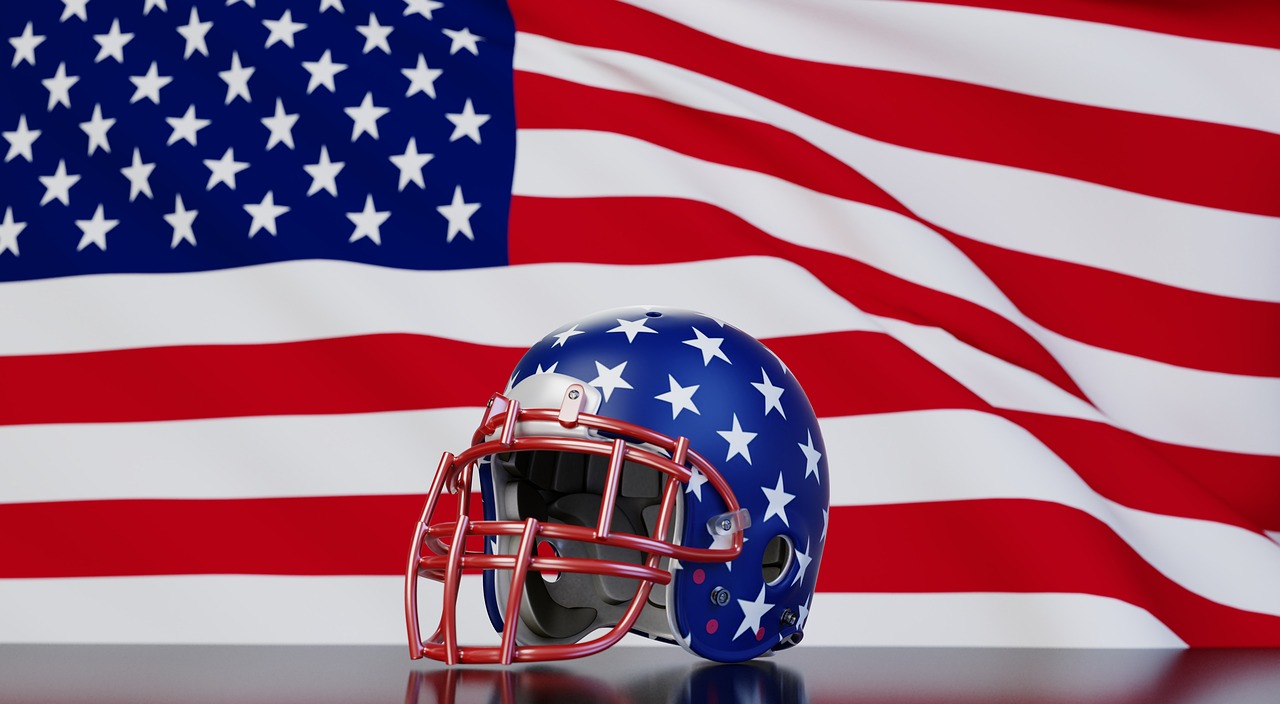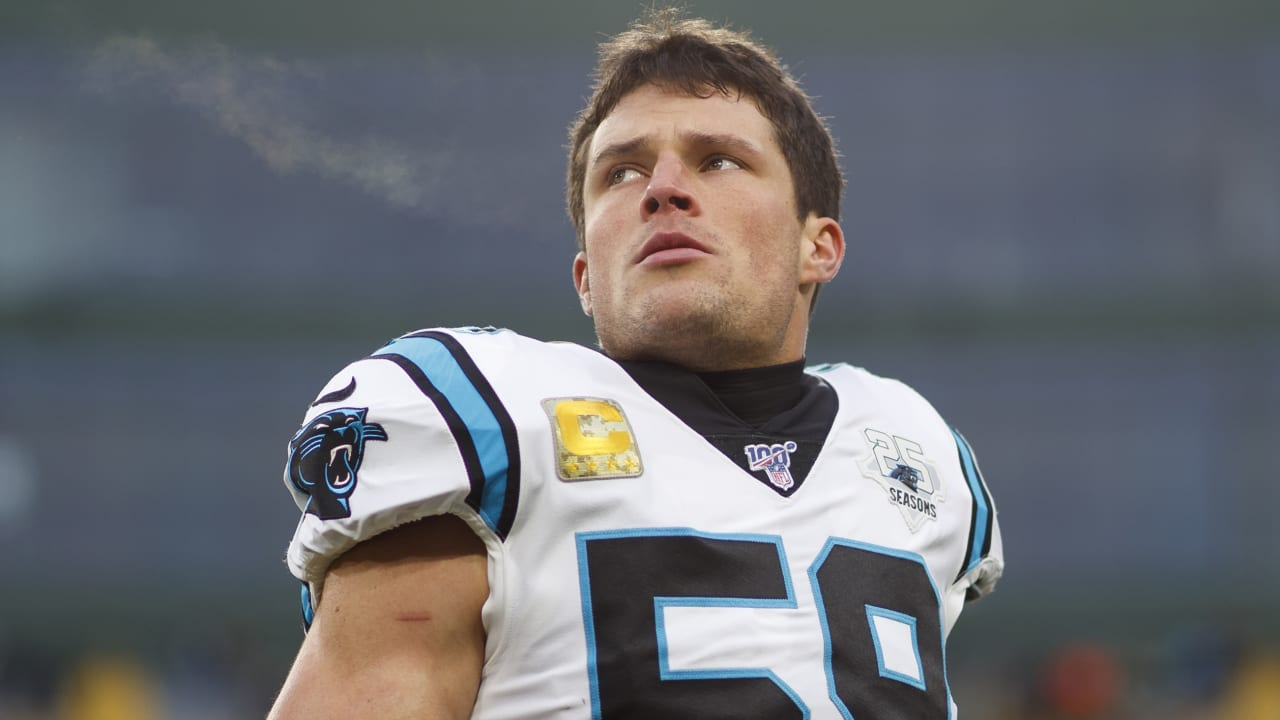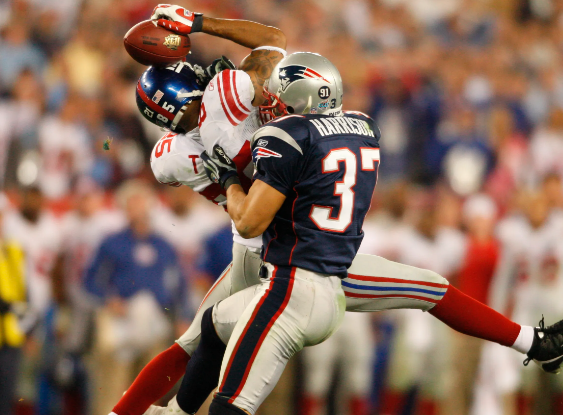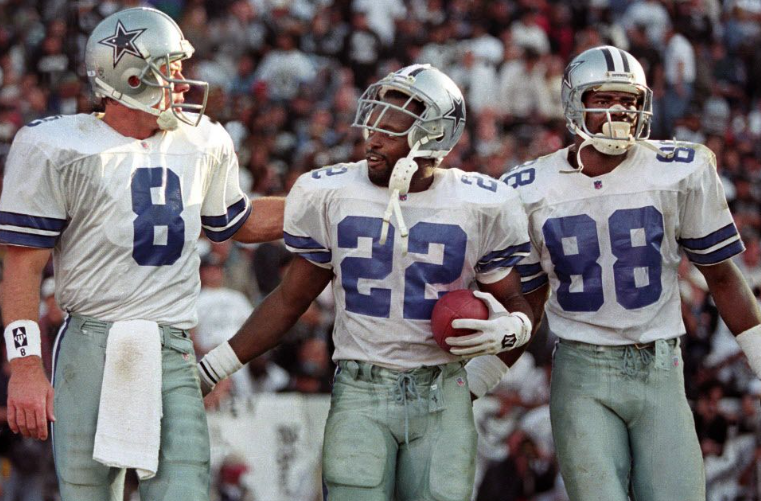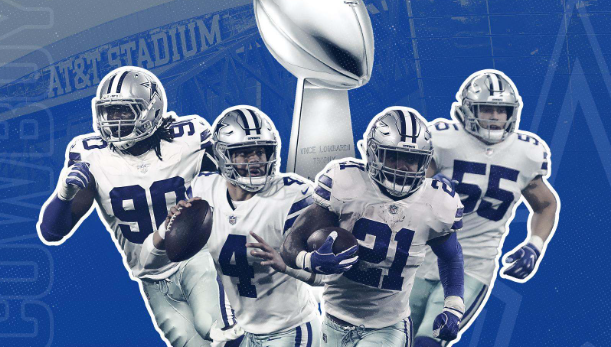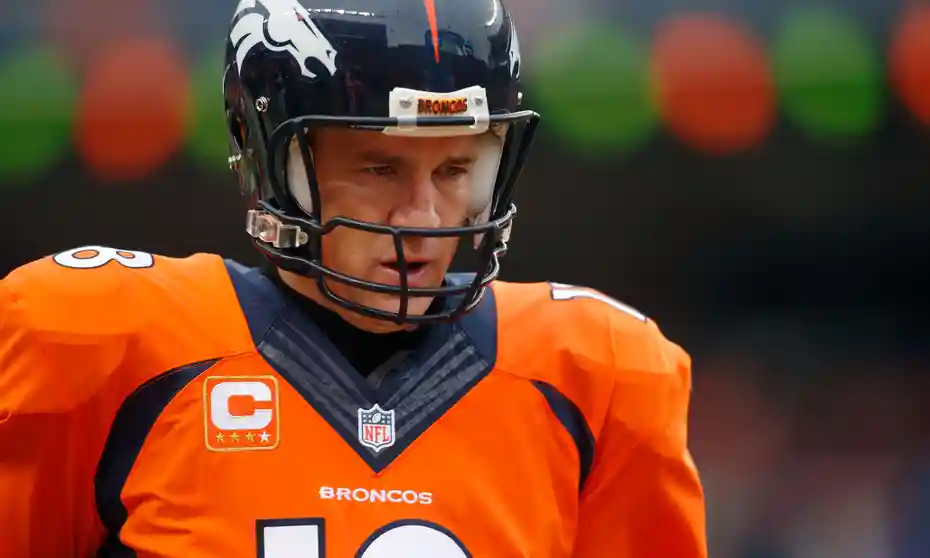We've compiled his personal list of the top ten quarterbacks in professional football history. Let's look at the ranking in reverse order:
10. Drew Brees
Photo: spokesman
Despite having a slightly higher win percentage than Aaron Rodgers, the Saints quarterback enters this ranking by defeating him.
Brees' selection is based on his "curriculum," which has seen him in the NFL for 16 years, earning him a longevity award, as well as his ability to go over 5000 yards in half of the seasons he has played, not to mention the fact that it led to Super Bowl victory for the New Orleans Saints, who had never made it to the top of the NFL in its 40-year history.
9. Brett Favre
Photo: insidehook
Favre's speech on Brees' longevity and ability to lead his teams to victory is also valid. Favre was a two-time Super Bowl winner (1997), but his most important quality was that he was a winner and a lethal weapon for every team he played for.
He was the heart and soul of the Packers in the mid-to-late 1990s, but he was also the guiding light of the Jets until an injury prevented him from continuing a championship run, and finally, he was the leader (at 40) of the Vikings, who in 2009 threatened to reach the Super Bowl.
8. John Elway
Photo: nfl
Elway has long been regarded as the most expensive quarterback of all time, and he once threatened to be the "least successful," as he stumbled upon a Super 3 three times during his prime years. He was not the protagonist, and he was not even the winner, in a bowl that did not see him as such (1987, 1988, 1990).
Yet, at the ripe old age of 39, John Elway, born in 1960, was able to win two rings (1998 and 1999), giving a decidedly different luster to his long (16-year) career, which could be considered a good quarterback but not one who deserved to be in the top 10 all-time.
7. Roger Staubach
Photo: insidethestar
Despite a brief (11-year) career that saw him play in four Super Bowls, winning two, and finishing with an 85-win record in 114 games as a starting quarterback, the Cowboys quarterback enters the top ten.
The Dallas Cowboys only missed the playoffs once while he was in charge, and Roger finished his career with a record-breaking season at the age of 37. (3,586 yards, 27 touchdowns, and a 92.3 rating).
6. Dan Marino
Photo: cheatsheet
Dan Marino may be the most egregious failure of an NFL franchise in terms of building a winning team, because, with such a quarterback, the Miami Dolphins could have dominated for two decades if they had a defense up to the task.
Dan-"The Man," a pocket-sized quarterback with extraordinary power and precision, has set dozens of NFL records during his long career, which began in 1984, in his second year with the Dolphins, when he completed 362 passes as a starter. 564 (64.2 percent) of his passes went for more than 5000 yards (a record for those years) and 48 times into the end zone (another record, which was beaten only 20 years later, in 2004, by Peyton Manning).
Marino was a true war machine who had the misfortune of being assigned to the wrong squad. With the Dolphins, he only appeared in one Super Bowl, in January 1985, which ended the record season with a resounding defeat (38-16) against the 49ers of another country, who went on to make NFL history.
5. Otto Graham
Photo: thesportsdrop
It's usually difficult to find players (especially quarterbacks) in the all-time top 10 who played in the pre-Super Bowl era of the NFL, but Harrison has chosen to honor Browns quarterback Otto Graham, the true ruler of the post-Super Bowl era, with fifth place.
First in the All-American Football Conference (AAFC), where he won four consecutive titles, and then in the National Football League (NFL), where he won three titles in six years with the Cleveland Browns. Graham was credited with leading the team to the championship game for ten years in a row.
4. Johnny Unitas
Photo: baltimoresun
For a decade in the late 1950s and 1960s, Johnny Unitas and receiver Raymond Berry were the NFL's most dangerous attacking duo, winning three NFL titles (two before the NFL and AFL established the Super Bowl) and the Super Bowl itself in January 1971.
Like Favre, he played until he was 40 years old, and as Joe Montana, he led his team to the NFL Championship in 1958, in what was dubbed "the Greatest Game Ever Played," the biggest game ever played, when his Colts defeated the Giants 23-17 in the final, in the first half of the NFL. Finally, like Marino, all of the teenagers of that golden era aspired to be Johnny Unitas.
3. Peyton Manning
Photo: nydailynews
Manning, the all-time leader in passing yards (71,940) and touchdowns (539), was a forerunner of the new quarterback concept in American football, reinventing the position not only as a "performer" of the sideline schemes but also as an offensive terminal tout court, calling the patterns himself via audible when the team was already deployed on the scrimmage line.
Manning has won two Super Bowls with two different teams, and in 2013, at the age of 37, he set a new record for regular-season passing yards (5,477) and touchdown passes (55). He is responsible for the evolution of the quarterback position in the 2000s.
2. Joe Montana
Photo: networthsize
Joe Montana is the greatest of all time because of the four Super Bowls he won, his passing accuracy, and his leadership on the field... and yet he is. Montana was the best quarterback for at least a decade at the peak of his career, and only (serious) injuries prevented him from increasing the number of titles.
Joe Montana, dubbed "Joe Cool" for his coolness in crucial moments, was simply the most successful quarterback of all time, appearing in (and winning) four Super Bowls, launching 11 touchdowns and zero interceptions, a perfect machine, and above all, always ready in the crucial moments.
1. Tom Brady
Photo: nypost
Tom Brady evens the score with Joe Montana, and he is entitled to it because he shares the title of winner with Montana, and it is not by chance. Brady led the Patriots to six (SIX) Super Bowl appearances, winning four of them and earning MVP honors three times. He has made it to the AFC championship game ten times in his long career (6 wins and 4 losses).
Brady was drafted in the sixth round of the 2000 draft (199th overall), and despite coming from the Michigan Wolverines (one of the top 25 universities in NCAA football), no one would have bet he could take Drew Bledsoe's place.
